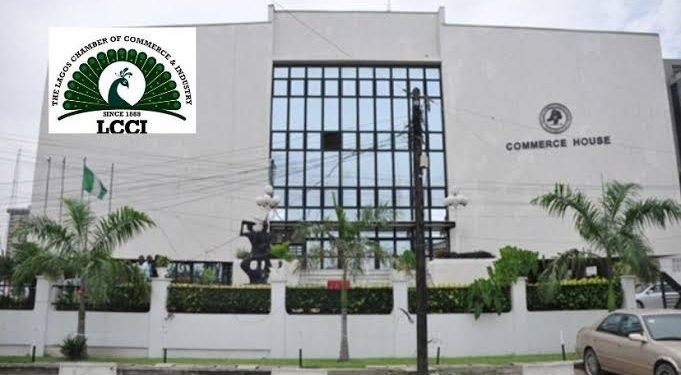The Lagos Chamber of Commerce and Industry (LCCI) has urged stakeholders in Nigeria’s agriculture sector to embrace technology and innovation as tools to modernise farming, strengthen value chains, and make the sector more attractive to young people.
Speaking at the LCCI Agric Symposium 2025 in Lagos, the Chairman of the LCCI Agricultural and Allied Group, Tunde Banjoko, said Nigerian agriculture must align with global best practices. “Like President Bola Tinubu said a few weeks ago, agriculture should be sexy, meaning it should be a profession that you are proud of. By embracing technology and IT, we can farm without looking dirty or being looked down on,” he noted.
Banjoko identified poor access to finance, limited mechanisation, and inadequate seedlings as persistent constraints on farmers, while emphasising that showcasing young agripreneurs already deploying drones, tractors, and other modern tools could inspire wider youth participation.
Representing Lagos Commissioner for Agriculture and Food Systems, Abisola Olusanya, the ministry’s Permanent Secretary, Emmanuel Audu, highlighted ongoing reforms under the Lagos State Food Systems Transformation Agenda. He cited the Lagos Food Security Systems and Register Hub at Ketu, designed to cut post-harvest losses by 25 per cent within three years and help regulate food prices.
Audu also announced the Produce for Lagos Programme, backed by ₦500 billion, which guarantees farmers an assured market and immediate payment for produce. “If a farmer plants 10 tonnes of tomatoes, the state government is ready to take it, backed by a fund to pay immediately. That way, banks will finance farmers with confidence,” he explained.
LCCI Vice President, Abimbola Olashore, urged a shift in perception of agriculture from subsistence to wealth creation. “Agribusiness is the biggest contributor to Nigeria’s GDP and the largest employer of labour, but many still associate it with poverty. Agriculture is big business. People are quietly becoming billionaires from cocoa and palm oil, yet it is ignored,” she said, stressing the need for technology adoption, value addition, and better financing.
The annual symposium focused on strategies to reposition agriculture as a modern, profitable sector by reducing losses, improving logistics, and boosting competitiveness in domestic and export markets.










